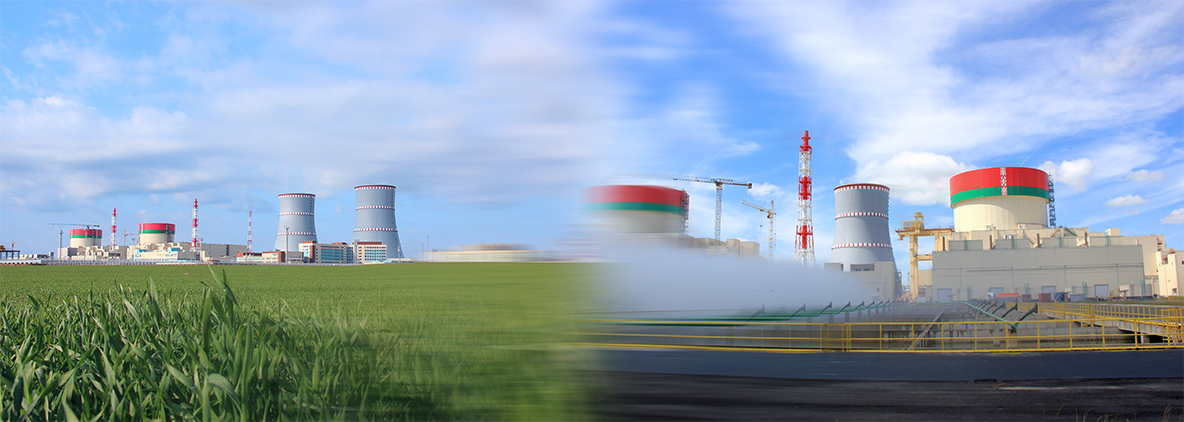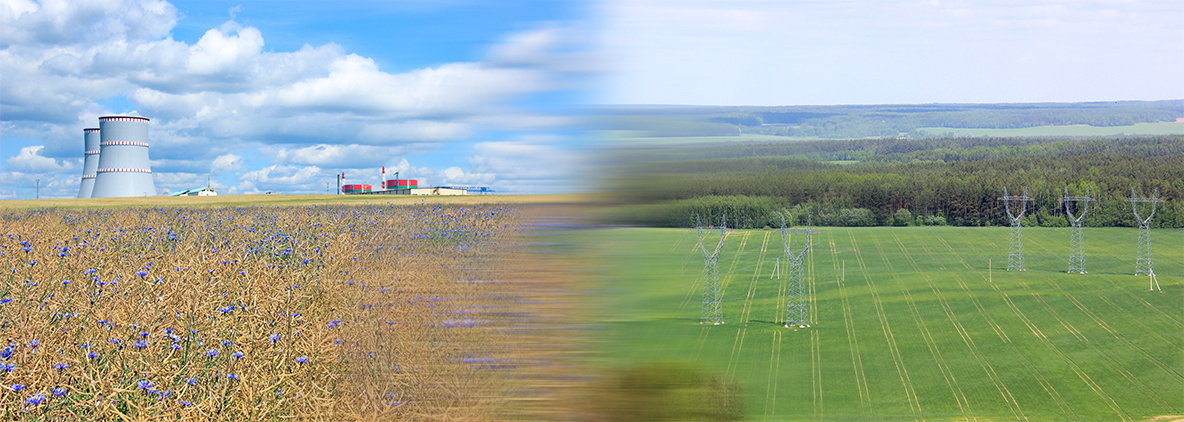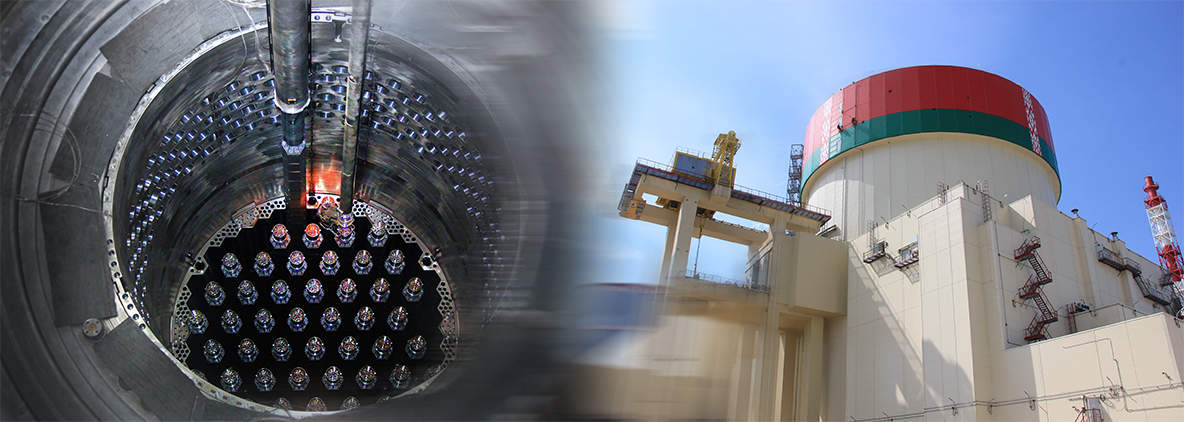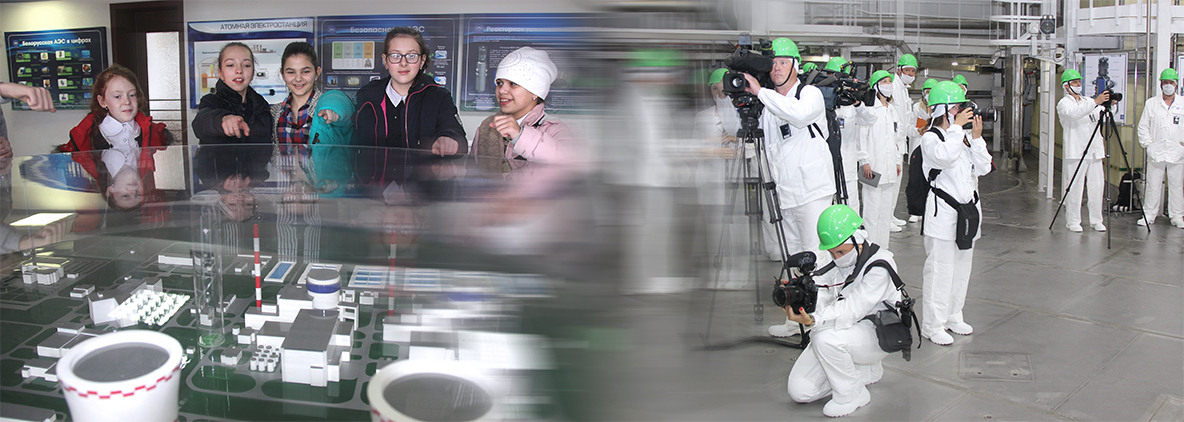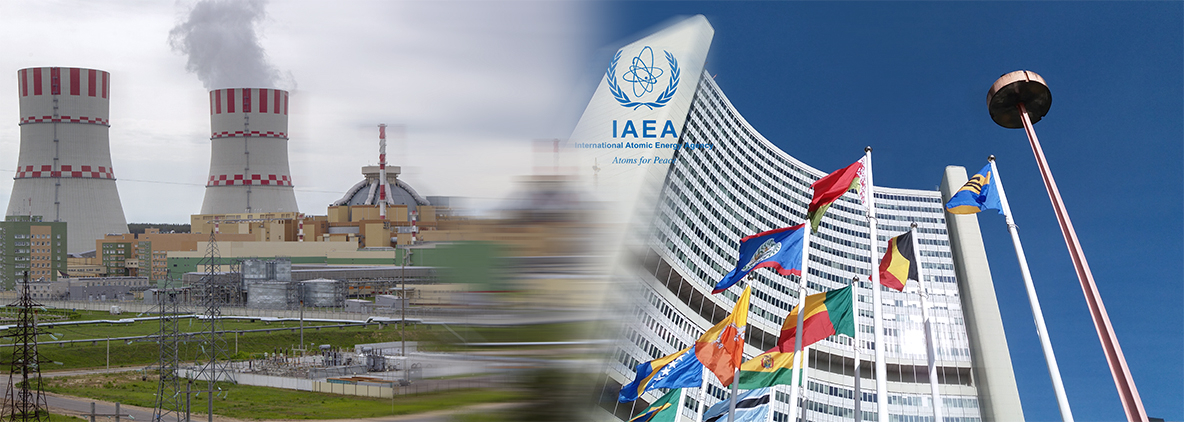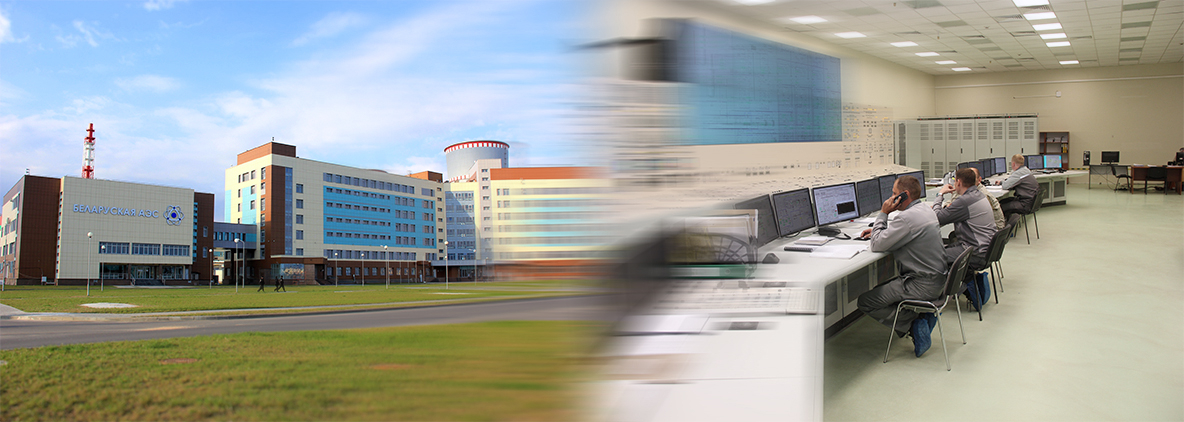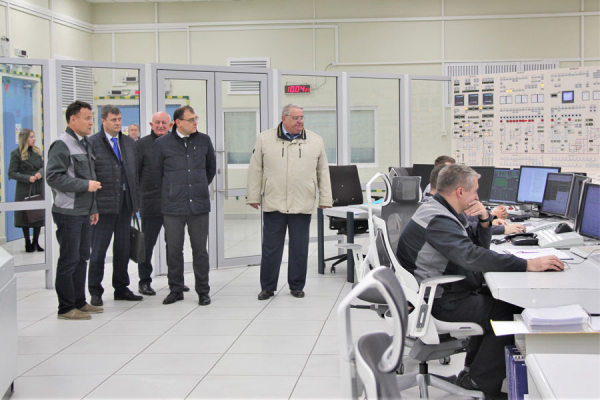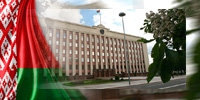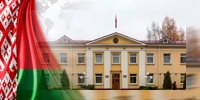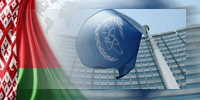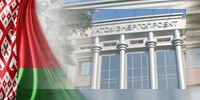The heads of the ministries visited the key facilities of the plant - the turbine shop, block and central control panels. Viktor Karankevich informed about the progress of the integration of the plant into the country's energy system.
A meeting of the ministers with the personnel of the BelNPP took place. Yuri Seliverstov and Viktor Karankevich provided actual information on the situation in the supervised industries. They discussed the main directions of the budget policy, the measures taken to ensure the sustainable operation of the energy complex in the face of external restrictions.
As the Minister of Finance noted, in 2022 the social orientation of budget expenditures has been strengthened in the country. About 45% of the consolidated budget, or 12% of GDP, will be directed to finance the social sphere this year. “In nominal terms, the costs of the social block amount to about 22.6 billion rubles,” the Minister specified. “All social obligations are fulfilled in a timely manner and in full.”
The amount of money to support the budget of the social protection fund, as well as pensions, is growing. “It is planned to allocate about 1.7 billion rubles to the fund for the so-called non-insurance payments,” Yury Seliverstov stated.
A family capital program operates - since 2015, more than 117 thousand deposit accounts have been opened. “This year, about 14.9 thousand families will receive family capital funds at their disposal. Expenses for these purposes this year alone will amount to 380 million rubles,” the Minister added.
About 170 million rubles will be allocated from the budget for the health improvement of citizens, including 89 million rubles for citizens living in the territories affected by the accident at the Chernobyl nuclear power plant.
A significant support for socially vulnerable categories of citizens is the system of state targeted assistance. The total amount of funds from local budgets for these purposes this year is planned in the amount of 143 million rubles.
Compared to the pre-Covid 2019, budget spending on healthcare in 2022 increased by 52%. In total, this is about 3 billion rubles.
The Minister also told what facilities are planned to be put in operation in the near future in Ostrovets. “This is an ice rink, a cinema and concert hall, a solid domestic waste landfill, and the city's streets are also reconstructed. The projects are carried out within the framework of the state investment program, he explained. “These facilities should be completed by early next year.”
In turn, Viktor Karankevich stressed in his speech that the BelNPP is a significant contribution to strengthening the energy security of the country.
Access to a reliable, environmentally friendly, cost-effective source of electricity for many states today is a matter of paramount importance. The energy crisis continues to grow in Europe. A record rise in energy prices leads to cataclysms in the economy and affects people's lives - enterprises are closed, prices for food and industrial goods are rising. The situation is aggravated by the epidemiological situation. Many people cannot pay for housing, electricity, gas. In some European countries, payments for consumed energy resources for the population increased by 3 or more times.
Against this background, the demand for peaceful atom has increased significantly. Even those countries that opposed the development of nuclear energy are now revising their energy strategies and include projects for the construction of nuclear power plants.
In Belarus, the project to build a nuclear power plant is being implemented primarily to meet domestic needs for electricity, the Minister noted.
At the time of the decision to build a nuclear power plant, the task was to solve three blocks of issues, he recalled. The first is to stop importing electricity. This task has been completed. “Our capacities, taking into account the putting in operation of the nuclear power plant, are sufficient to meet domestic needs for electricity,” Viktor Karankevich said. The second task is to reduce the share of natural gas in the country's energy balance. The putting in operation of the BelNPP will replace about 4.5 billion cubic meters of gas annually. Third, meeting the growing demand for electricity in the real sector of the economy and the population. “The stimulating measures taken at the level of the Head of State and the Government aimed at increasing electricity consumption are paying off, today we see it,” he summed up.






